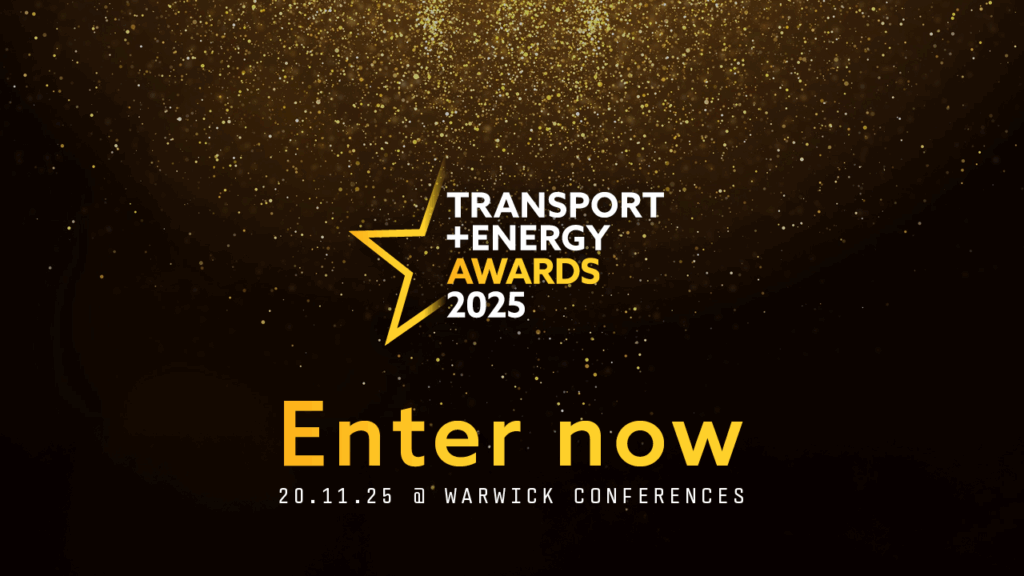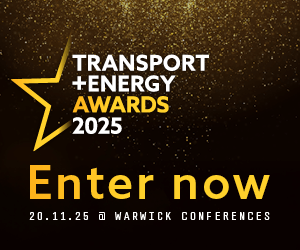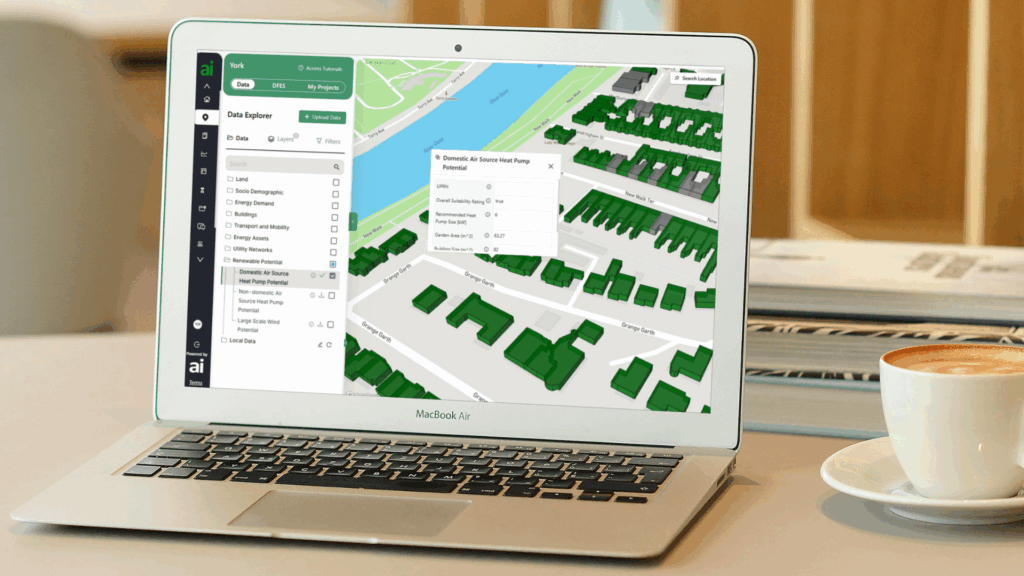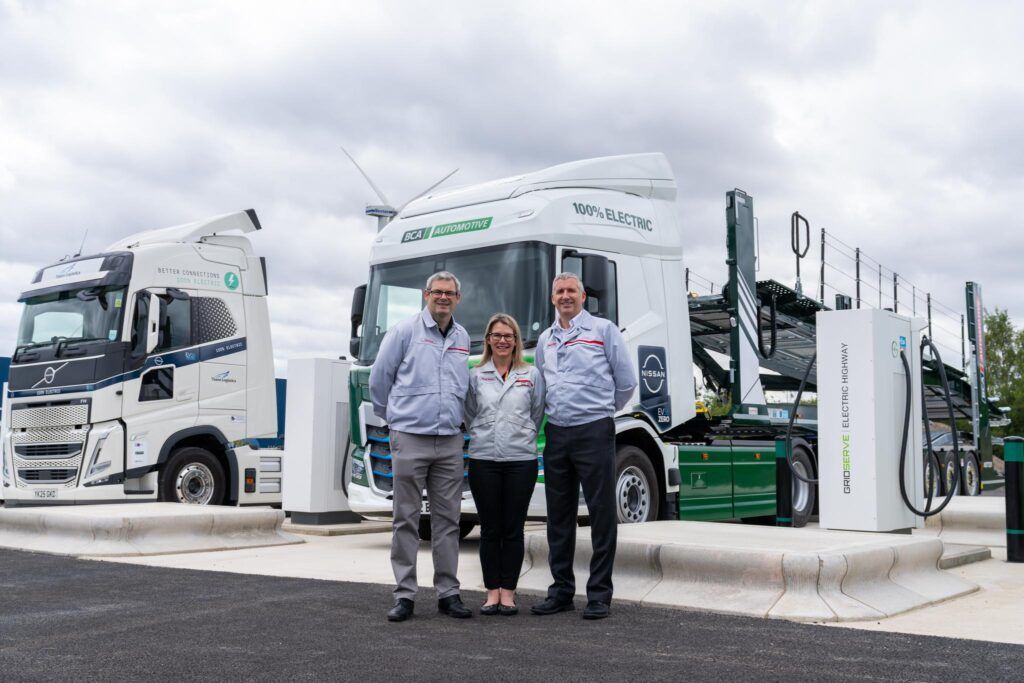The UK Government recently ruled-out recommendations from the House of Lords Environment and Climate Change Committee to equalise VAT on public charging, with experts from the electric vehicle (EV) sector believing this was a missed opportunity.
Proposed as part of a new report aiming to further accelerate the transition to electrification, the move would have seen public charging VAT rates fall from 20% to 5%, bringing them in line with home charging.
Sighting concerns surrounding ‘additional pressure on public finances’ and ‘limitations surrounding legal and fiscal considerations’, ministers also rejected calls to reinstate EV purchase grants – a scheme that proved vital in supporting the growth of the electric car market before its closure in June 2022. Plug-in grants will continue until at least 2025, however, for motorcycles, vans, taxis, trucks and wheelchair accessible vehicles.
Commenting on the announcement, Jordan Brompton (pictured), co-founder and CMO of myenergi, said:
“It’s deeply frustrating to hear that the Government has once again turned a blind eye to positive, proactive incentives to further accelerate UK EV adoption.
“More importantly still, it means that those reliant on public charging, with no access to off-street parking and no opportunity to charge at home (an estimated 24.6% of Brits), will experience far higher costs when it comes to running an electric car. This will clearly play a key part in consumer decision making when it comes to buying an EV, and has the real possibility of slowing the transition to electrification.
“Despite faltering Government support, there is still work underway to tackle the issue head on. One such area is the development of through-street charging solutions, which use pavement channels to provide access to a home charger, despite being parked on-street.
“If the Government will not take action on the cost of public charging, it should throw its full support behind state-of-the-art through-street charging solutions, as offered by companies including Kerbo Charge. This includes removing the barriers to the technology’s widespread deployment (including any objections from local authorities).
“After all, this will help EV drivers without access to driveways enjoy the financial, practical and sustainable benefits of charging at home. If we’re serious about meeting targets and transitioning towards an all-electric car parc, this is sensible, pragmatic and beneficial step.
“At myenergi, we support safe and accessible through-street charging that does not impinge the use of pavements by pedestrians. Indeed, we’re working in close partnership with Kerbo Charge to help roll-out its innovative solution nationwide.
The difference in VAT between home and public charging has been an ongoing issue, specifically for EV drivers without access to off-road parking.
Commenting on this, Denis Watling, Managing Director at ChargeGuru UK believes that reducing the VAT rate is the first step in democratising the EV experience, and the EV industry should be jointly lobbying.
He said: “Reducing the 20% VAT rate is a vital step in democratising the charging experience. Not everyone has access to home charging at the 5% rate, and it’s these individuals that desperately need the support of the Government to make the switch.
“Transitioning towards EVs in the next decade is a landmark environmental policy of the UK Government, and will be made all the more challenging without a proper reduction in VAT.
“The EV industry must jointly lobby – regardless of whether they offer home or public charging – for affordable and accessible charging in order to ensure the number one priority is met – to help people choose greener transport.”
Image of Jordan Brompton courtesy of myenergi.















